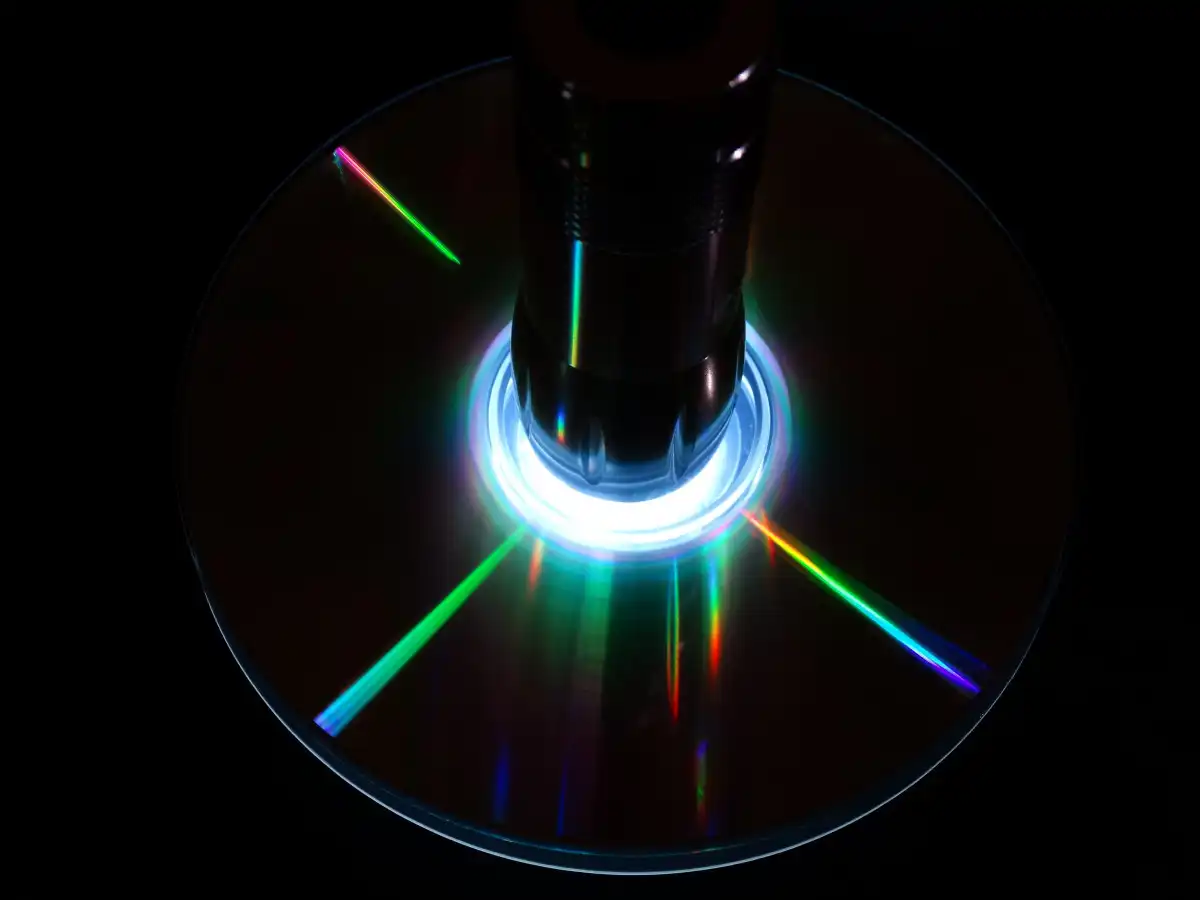Unleashing the Power of Psychedelics
A rising trend is the use of psychedelic substances for therapeutic and wellbeing purposes. Among these, psilocybin, a naturally occurring hallucinogen found in certain species of mushrooms, is attracting significant attention due to its ability to alter mood, perception, and behavior.
Traditionally, interest in psilocybin has revolved around its recreational use. However, a growing body of research points to its potential therapeutic benefits, particularly for brain health.

Psilocybin is now being explored in clinical trials for its potential to treat conditions like depression, PTSD, and anxiety disorders. Many of these trials are generating promising results, leading to a surge in interest in this compound.
Mushroom Extract or Synthetic Psilocybin?
There are two primary sources for obtaining psilocybin: naturally from psychedelic mushrooms and synthetically in laboratories. There has been debate over which form offers more therapeutic benefits.
Notably, synthetic psilocybin is easier to dose, purer, and does not carry the risk of ingesting harmful substances that may be present in mushrooms. On the other hand, natural mushroom extract contains other compounds, which might interact synergistically with psilocybin, leading to enhanced therapeutic effects.
This is a phenomenon known as the 'entourage effect,' which has also been documented in the use of cannabis for medicinal purposes.
Recent Study Exploring The Two
A recent study, therefore, aimed to empirically investigate whether natural mushroom extract or synthetic psilocybin offers superior therapeutic benefits. The researchers conducted a double-blind, placebo-controlled trial. They evaluated the subjective effects and brain activity changes induced by both modes of psilocybin in 10 healthy volunteers.
The results exhibited that both mushroom extract and synthetic psilocybin significantly altered the brain's default mode network, a complex system associated with self-awareness and introspection.
Unexpectedly, the mushroom extract led to significantly greater changes in brain activity than the synthetic psilocybin. In addition, participants reported a more intense subjective experience with the mushroom extract.
These results indicate that the natural mushroom extract might have superior therapeutic potential relative to synthetic psilocybin due to its additional alkaloids exhibiting an entourage effect.
The Entourage Effect
Understanding the entourage effect is critical in making sense of these results. This concept proposes that the therapeutic effect of a primary active ingredient is enhanced by other secondary substances found in the same plant.
In the case of psychedelic mushrooms, psilocybin is the primary active ingredient, but there are also several secondary alkaloids present. Interestingly, these secondary alkaloids are structurally similar to psilocybin, suggesting they might also have psychoactive properties.
The study's higher intensity of effects reported with mushroom extract, suggests that the entourage effect might be operational with psilocybin, amplifying its therapeutic benefits.
Limits and Horizons
While these findings are fascinating, it is important to note the limitations. The study involved a small sample of participants, so its findings cannot be generalized to larger populations. Moreover, effects were assessed shortly after administration, so they give us no indication about long-term benefits.
Still, it presents an intriguing direction for further research. The advent of this study might instigate the academic and medical community to explore the potential beneficial entourage effect of natural mushroom extract over synthetic psilocybin.
In-depth scrutiny of secondary alkaloids in mushrooms and increasing understanding of their interactions with psilocybin could open new, exciting avenues in the therapeutic utilisation of psychedelic substances.
Ultimately, whether natural mushroom extract or synthetic psilocybin proves to have superior therapeutic benefits, it will be a huge step forward in the use of natural substances to promote brain health and well-being.